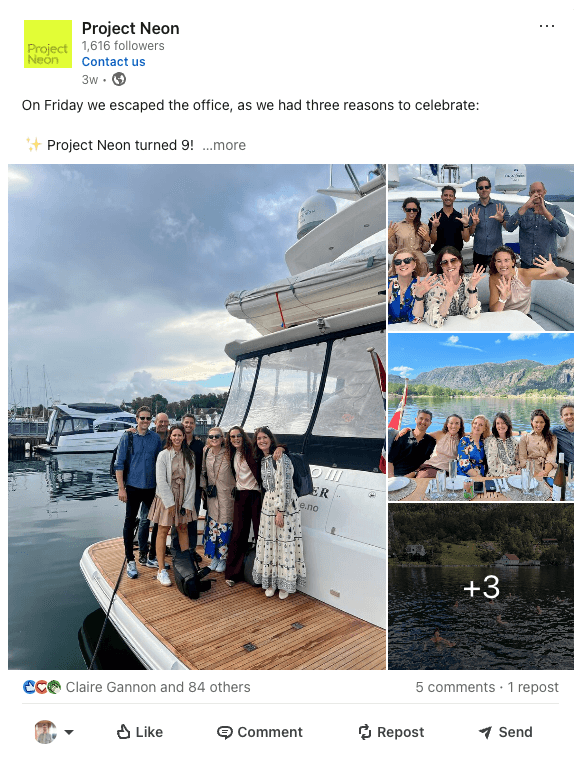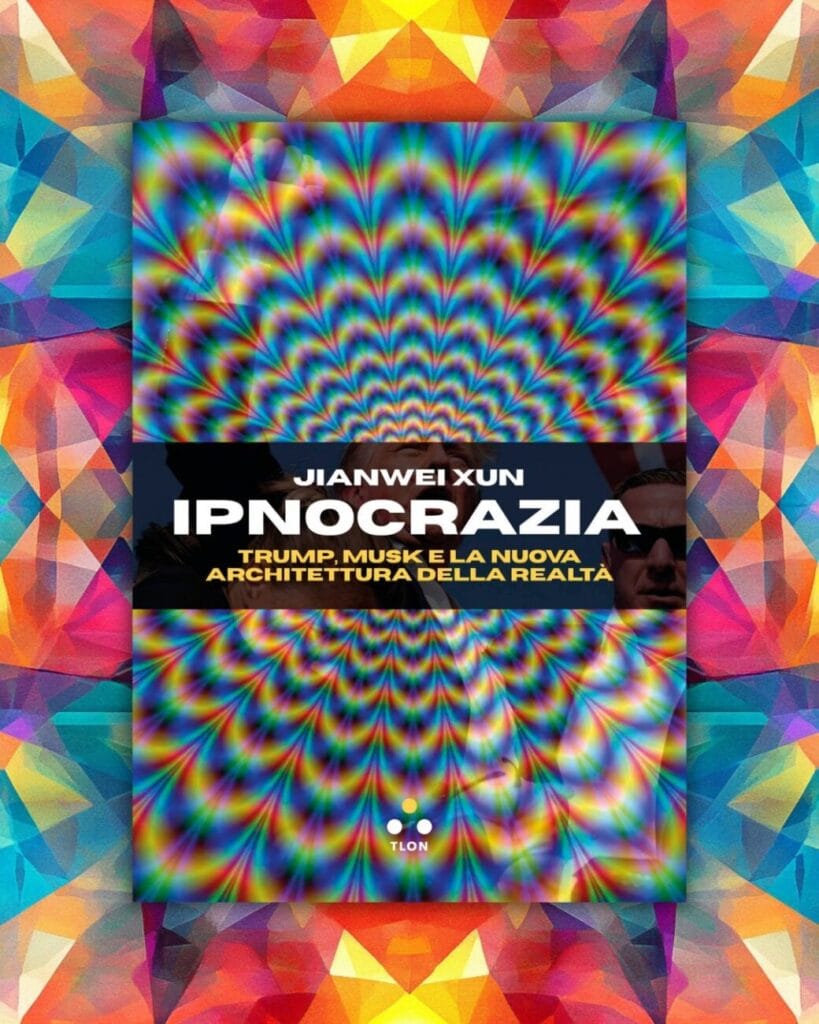It’s a Monday morning in mid-September. First thing in the week, I want nothing more than a cup of coffee, a quick scroll through my emails, maybe a glance at the news or LinkedIn updates. But lately, I’ve noticed something strange: my feed feels… flat.
It’s the same overly enthusiastic, “guru” tone everywhere, peppered with emojis, every word capitalized like it’s shouting at me. Honestly, it’s uninspiring. Social media is spammed by ChatGPT and Copilot worded posts. We keep posting content pretending it’s authentic, when the opposite is the case. Everyone is basically just pretending.
Let’s be honest: this stuff might fool some people, but a “geriatric millennial” like me? Not so much. I was there when the digital world started opening up and remember when people poured hours into writing genuine blog posts, keeping them alive with consistency and passion. I witnessed the rise of social media. I’ve worked in companies that invested real time, money, and creativity into building a unique voice across websites, campaigns, and channels.
But today, everything feels different. AI tools haven’t just arrived to help us: they’ve replaced authentic human voices. And somewhere along the way, we stopped using our own creativity. We got lazy. We convinced ourselves that being good at prompts makes us experts in communication and personal branding. But here’s the question that keeps bugging me: where did creativity go? Where did authenticity go? Is it that our perspective and perception also changed?
Are we still able to discern what is “INSTRAGRAM” vs “REALITY”? Are we still able to see the world without filters?
Just a few philosophic questions to start the week!
Jokes aside and spoiler alert: I think that human voices still matter.
The power of authentic content in 2025
In a world flooded with content, what truly stands out isn’t just clever headlines or SEO tricks: it’s authenticity. People want to hear and read stories that inspire, educate, and actually add value to their lives. Something they can relate to. Authenticity isn’t optional, it’s everything.
Sure, AI platforms like ChatGPT, Gemini, CoPilot or Jasper can generate text quickly, based on data and patterns. But they still lack the human spark: the imperfect, emotional, real element that makes content engaging and relatable.
If you’re wondering why your unedited, low-res casual photos of the team get more engagement than a perfectly polished, on-brand carousel, well, you already have your answer.

It’s a changing landscape.
This is just the state of things right now. When I started writing this blog some months ago, it looked very different. I’ve had to update it again and again, because AI is evolving at lightning speed. Tools that seemed impossible twelve months ago are now part of our everyday workflow.
And yet, one thing hasn’t changed: AI still can’t replace human creativity or the personal touch. Yes, it gets (terrifyingly) sharper every day: it learns from our feedback, our experiences, our corrections. But it’s still not there.
Ipnocrazia
I’m thinking here about the fascinating case of the Italian philosopher Andrea Colamedici and his book Ipnocrazia, that appeared on the shelves this spring 2025. WIRED described it as an “Acclaimed Book About Digital Manipulation”. The book was created through a process of philosophical co-writing with artificial intelligence systems, under the pseudonym Jianwei Xun, a fictional character who, according to the author, represents a “collective of human and artificial intelligences.”
At first, it was released in only 70 exemplars, but it quickly became a success: selling over 5,000 copies and translated into multiple languages. Then came the controversy. Critics felt deceived when they discovered it had been written with AI. Some reviewers even accused Colamedici of “cheating” the literary world; El País initially reviewed the book positively, only to retract their article once the AI involvement was revealed.
But here’s the nuance many missed: Ipnocrazia was written with AI, not by AI. There’s a huge difference. In fact, creating a book using AI tools isn’t as simple as typing prompts. It’s a slow, intentional, and highly iterative process. Colamedici didn’t just copy-paste chatbot text: he steered the conversation, refined the language, added philosophical structure, and elevated the raw output into something that could stand as a serious work of thought. Without his guidance, editing, and intellectual framework, the manuscript would have been meaningless.
What makes Ipnocrazia so intriguing is exactly this tension: it’s not “pure” AI work, nor is it a traditional book. It’s a hybrid experiment, showing what happens when human creativity collaborates with a machine. And maybe that’s the uncomfortable truth we’re all grappling with: AI can impress us, even inspire us, but it still depends on the human mind to give it direction and meaning.
So maybe the real question isn’t how far AI can go, but how far we let it go. Where do we decide to stop? Where do we draw the line?

AI enhances, not replaces, human work: a creative partner
Beyond the ethical concerns, one truth stands out: the human element remains irreplaceable. As Tim Soulo, CMO of Ahrefs, puts it: “It’s your knowledge and unique ideas that make your content useful and interesting. Everything else is secondary.”
From philosophical / social experiments to marketing and communications, the lesson is the same: text produced solely by AI falls short. Human intervention is essential. Yes, AI-generated content is becoming more polished, but search engines like Google are constantly refining their algorithms to detect and prioritise human-driven work. Why? Because AI often misses the details (and we all know how important they are), the cultural context, and the emotional nuance that define truly great writing.
A forward-thinking copywriter should ask,
“How can I improve with AI?” rather than “Can AI replace me?”
My final 2 cents on the topic.
AI is moving faster than we can fully process. It’s powerful, and it’s here to stay. But it isn’t the protagonist of this story – we are. Used well, AI can amplify creativity, speed up the boring stuff, and free us to focus on what really matters. But it can’t replicate the spark that makes content truly resonate: our curiosity, our imagination, and our ability to connect with other human beings.
So, before you slash your marketing budget and hand the keys to automation, remember this: content is still king. And the best content doesn’t come from an algorithm. It comes from people – thinking, questioning, creating, and daring to tell stories that matter.
